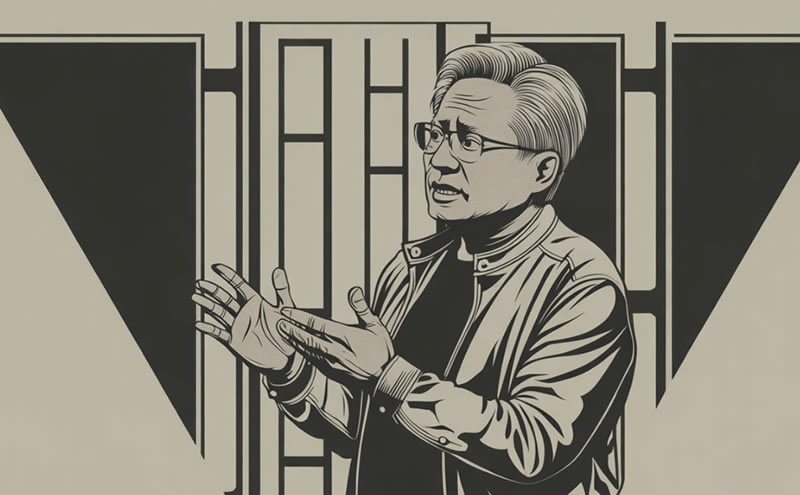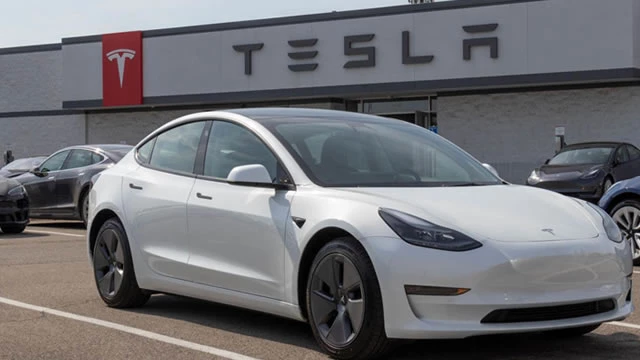When a company smashes expectations and the stock drops, I’m less interested in the earnings deck and more interested in the psychology.
On the surface, Nvidia (NASDAQ: NVDA) did what it always does: huge demand, confident CEO, strong outlook. In a vacuum, that should’ve been another “AI victory lap” for the market. Instead, you saw two red days and pressure ripple through a lot of the big AI winners. That’s not a fundamentals problem. That’s a mood change.
 For most of the past year, the AI trade was simple: if it had a good story and a GPU slide, money poured in. Now the questions are shifting. It’s no longer, “Is there AI demand?” Everyone agrees there is. The new question is, “Who’s footing the bill for all this infrastructure, and what does their balance sheet look like?”
For most of the past year, the AI trade was simple: if it had a good story and a GPU slide, money poured in. Now the questions are shifting. It’s no longer, “Is there AI demand?” Everyone agrees there is. The new question is, “Who’s footing the bill for all this infrastructure, and what does their balance sheet look like?”
That’s why you keep hearing about debt and credit risk around some of the big AI spenders. Names that levered up to build data centers and chase AI workloads are suddenly under a different kind of microscope. Oracle’s been a good example: big AI and cloud ambitions, big capex, and now its credit default swaps are being used as a hedge by people who want protection if the AI party cools off. No one thinks Oracle is going bust tomorrow. But when traders start buying insurance around a theme, it tells you where the nerves are.
At the same time, the macro backdrop isn’t helping. The Fed keeps dangling the idea of rate cuts, then walking it back on every new speech or data point. That kind of uncertainty hits the exact pocket Nvidia lives in: high expectation, long-duration growth. When money gets nervous, it doesn’t dump the cheapest, hated stuff first. It trims the winners.
So where does that leave me? I don’t think this move says “AI is done” or “Nvidia broke.” I think it says the market is finally done giving AI a blank check. From here, the leaders will be the companies that can keep growing and show they’re not quietly turning themselves into overleveraged infrastructure plays.
If I’m holding Nvidia or anything tied to this theme, I want to respect that. The upside is still there, but the market has made one thing clear: great stories aren’t enough anymore. Balance sheets just joined the conversation.

















Rate this article